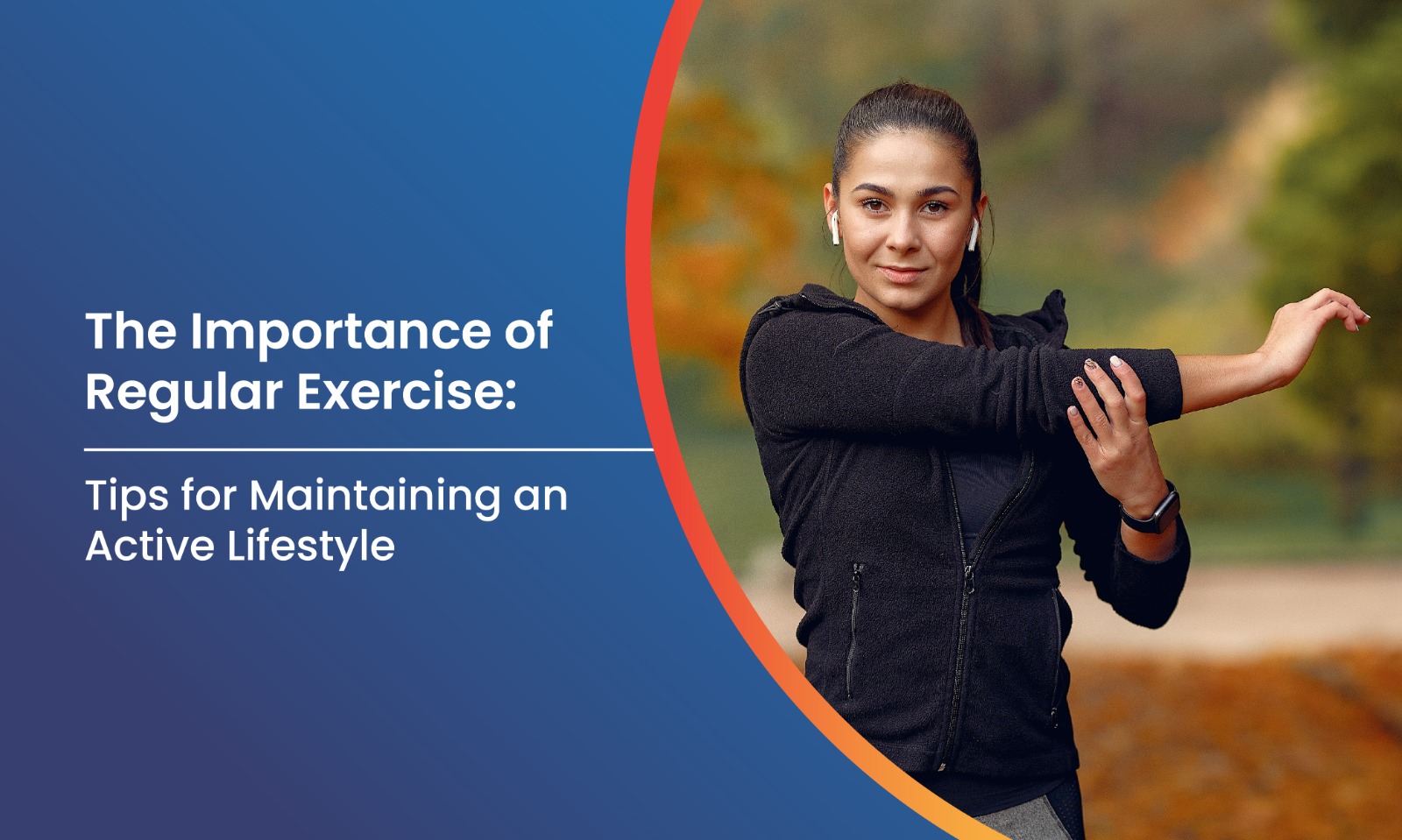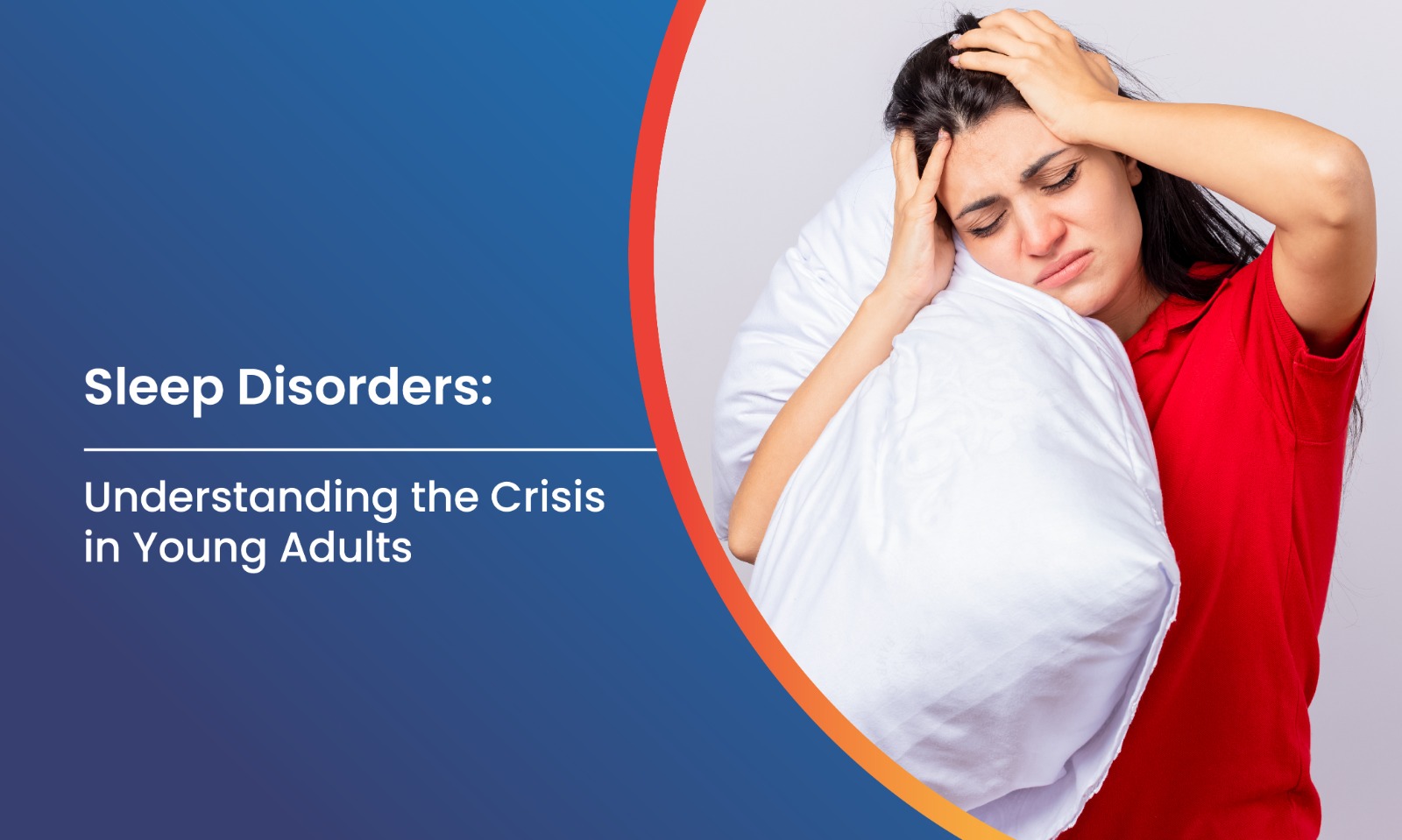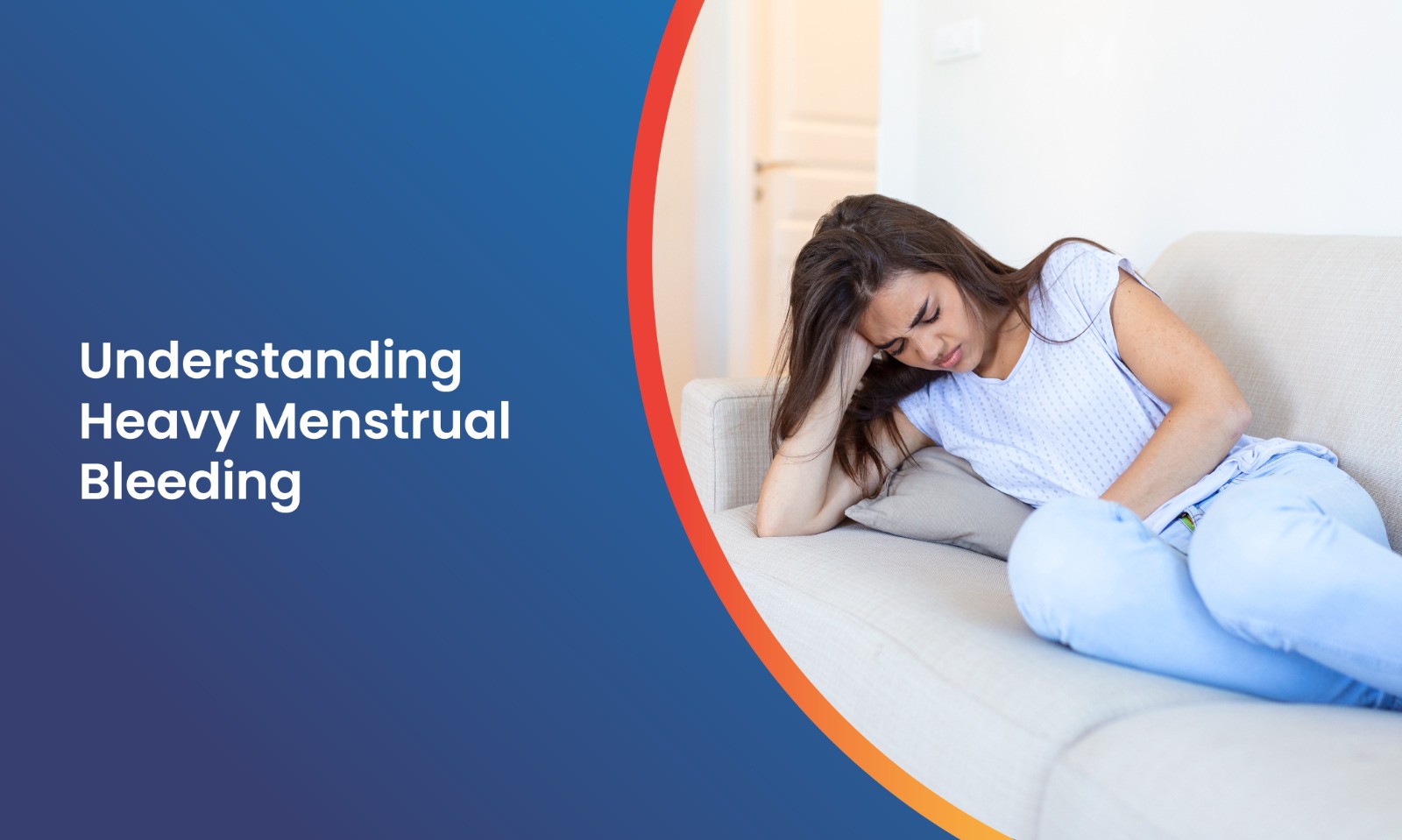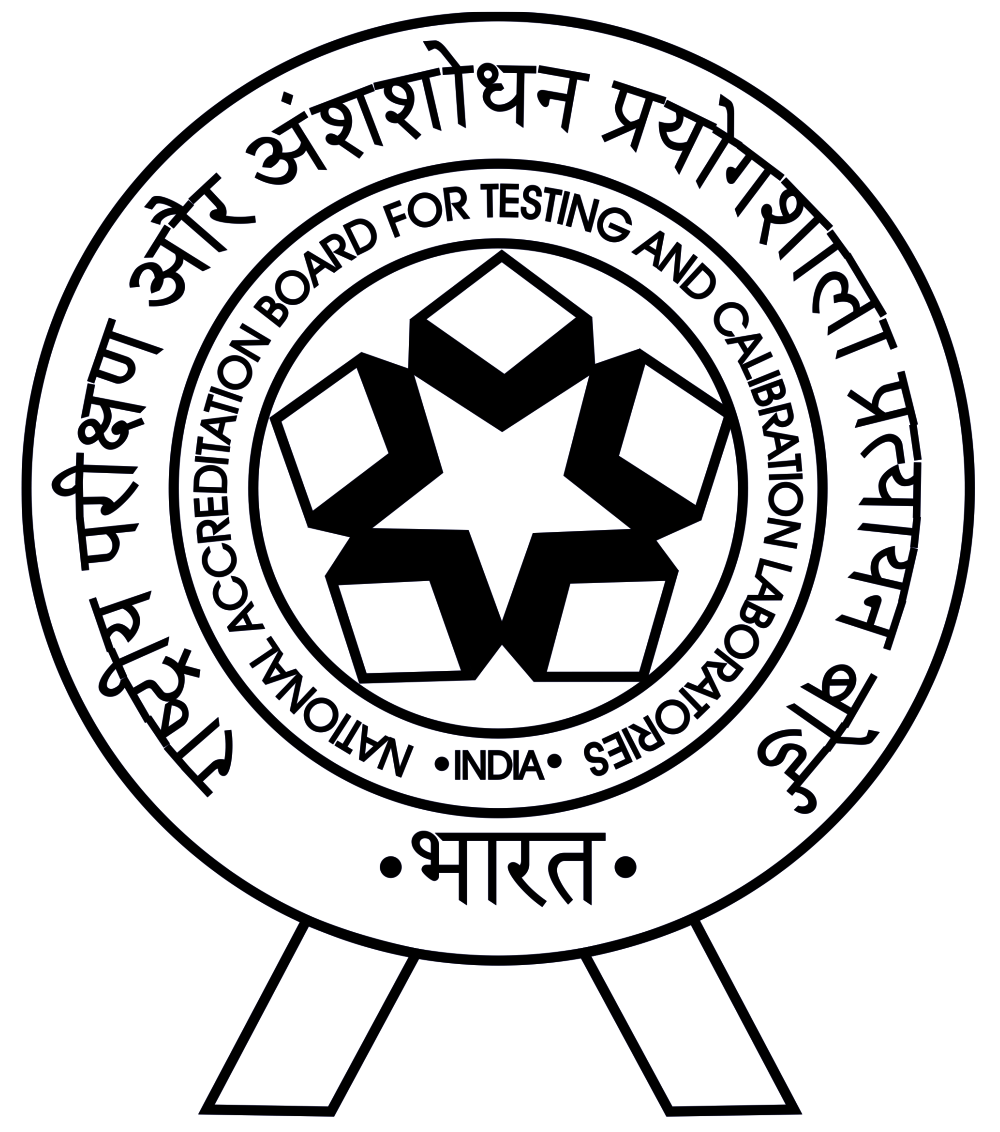Understanding High Blood Pressure: Causes, Risks & Natural Remedies
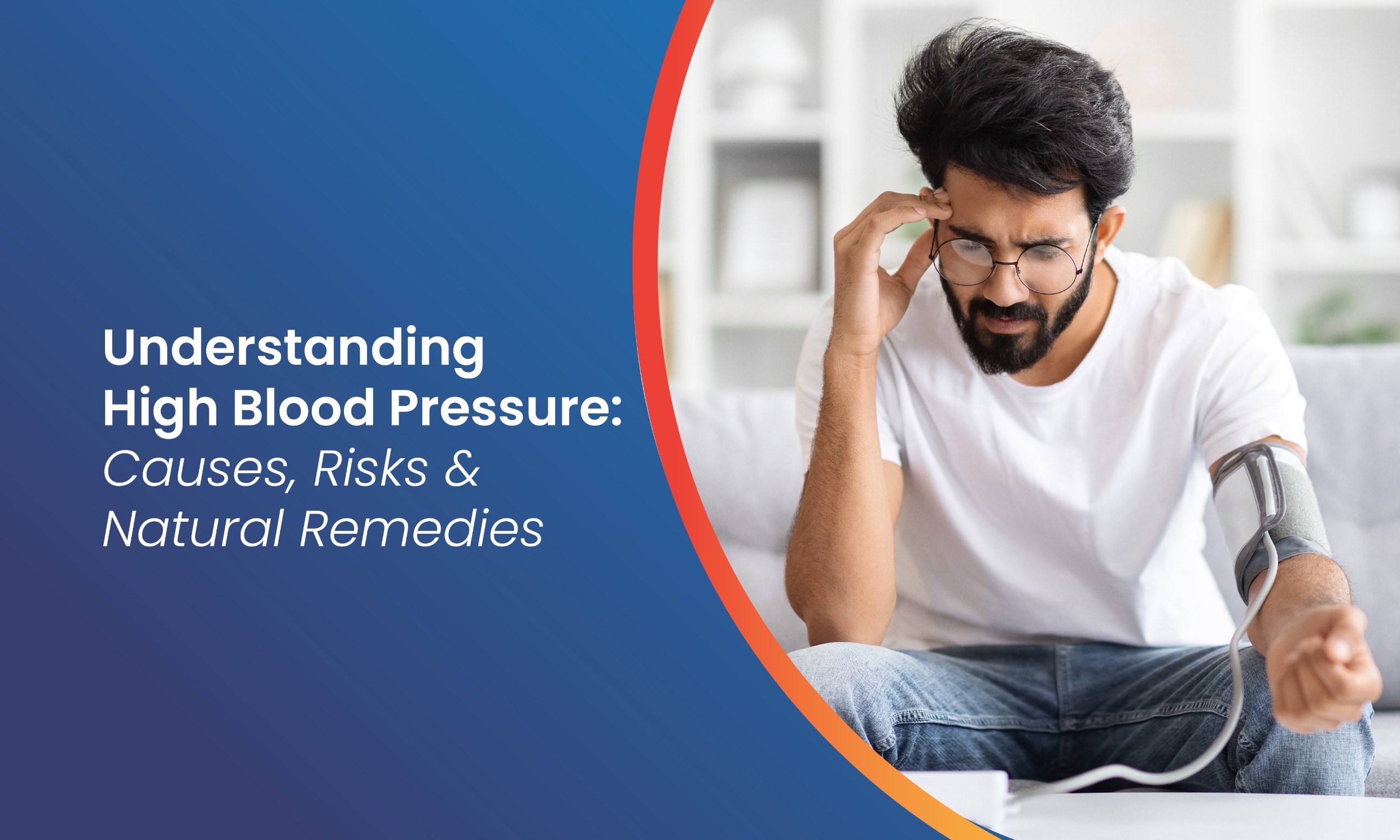
Understanding High Blood Pressure: Causes, Risks & Natural Remedies
High blood pressure, also known as hypertension, is a widespread health condition affecting millions worldwide. It occurs when the force of blood pushing against artery walls remains consistently elevated, straining the cardiovascular system. Without proper management, it can lead to severe complications such as heart disease, stroke, and kidney failure.
Many individuals with hypertension experience no noticeable symptoms, earning it the nickname "the silent killer." Lifestyle factors, including poor diet, lack of exercise, and chronic stress, play a significant role in its development. Fortunately, adopting natural remedies and healthy habits can help control and even prevent high blood pressure effectively.
Table of Contents
1. Introduction
2. What Is High Blood Pressure?
3. Types of Hypertension
4. Causes of High Blood Pressure
5. Risk Factors for Hypertension
6. Symptoms and Warning Signs
7. Complications of Uncontrolled Hypertension
8. Diagnosis and Monitoring
9. Medical Treatments for High Blood Pressure
10. Natural Remedies to Manage Blood Pressure
11. Dietary Approaches to Lower Blood Pressure
12. Lifestyle Changes for Better Heart Health
13. Preventing High Blood Pressure
14. FAQs
What Is High Blood Pressure?
Blood pressure is the measure of force exerted by circulating blood on the walls of blood vessels. It is recorded as two numbers: systolic pressure (the higher number, representing pressure during heartbeats) and diastolic pressure (the lower number, indicating pressure between beats). A normal blood pressure reading is below 120/80 mmHg.
- Normal: Less than 120/80 mmHg
- Elevated: 120-129/<80 mmHg (indicates risk of developing hypertension)
- Stage 1 Hypertension: 130-139/80-89 mmHg
- Stage 2 Hypertension: 140/90 mmHg or higher
- Hypertensive Crisis: Above 180/120 mmHg (requires immediate medical attention)
Types of Hypertension
There are two primary types of high blood pressure, each with different causes and implications.
1. Primary (Essential) Hypertension
- Develops gradually over time with no identifiable cause.
- Accounts for about 90-95% of hypertension cases.
- Linked to genetics, ageing, and lifestyle factors like diet and inactivity.
2. Secondary Hypertension
- Caused by an underlying medical condition.
- Sudden onset and often more severe than primary hypertension.
- Common causes include kidney disease, hormonal disorders, and certain medications.
Causes of High Blood Pressure
High blood pressure can result from a combination of genetic, lifestyle, and environmental factors. While some causes are beyond control, many can be managed through conscious choices. Understanding these triggers helps in adopting preventive measures.
Modifiable Causes (Lifestyle-Related)
- Excessive Salt Intake: High sodium consumption leads to fluid retention, increasing blood pressure.
- Poor Diet: Diets high in processed foods, sugar, and unhealthy fats contribute to hypertension.
- Physical Inactivity: Lack of exercise weakens the heart and blood vessels.
- Obesity: Excess body weight increases strain on the cardiovascular system.
- Alcohol & Tobacco Use: Heavy drinking and smoking damage blood vessels and raise BP.
- Chronic Stress: Prolonged stress elevates cortisol, leading to higher blood pressure.
Non-Modifiable Causes
- Age: Risk increases after 40 due to arterial stiffness.
- Genetics: Family history of hypertension raises susceptibility.
- Gender: Men are at higher risk before age 55; women’s risk increases after menopause.
- Ethnicity: African Americans are more prone to hypertension at earlier ages.
- Risk Factors for Hypertension
Certain conditions and habits increase the likelihood of developing high blood pressure.
- Diabetes: High blood sugar damages blood vessels, increasing the risk of hypertension.
- High Cholesterol: Plaque build-up narrows arteries, forcing the heart to pump harder.
- Sleep Apnea: Interrupted breathing during sleep raises blood pressure.
- Pregnancy: Gestational hypertension can develop, posing risks to mother and baby.
- Sedentary Lifestyle: Inactivity contributes to weight gain and poor circulation.
- Excessive Caffeine: While temporary, high caffeine intake can spike blood pressure.
Symptoms and Warning Signs
Most people with hypertension experience no symptoms, but severe cases may present:
Headaches (especially in the morning)
Dizziness or light-headedness
Blurred vision
Shortness of breath
Chest pain
Nosebleeds (rare, but possible in extreme cases)
A hypertensive crisis (above 180/120 mmHg) requires emergency care and may cause:
- Severe headache
- Confusion
- Seizures
- Chest pain
- Unresponsiveness
Complications of Uncontrolled Hypertension
If left untreated, high blood pressure can lead to severe and life-threatening complications. The constant strain on arteries and organs can cause irreversible damage over time. Recognizing these risks emphasises the importance of early management.
Cardiovascular Damage
- Heart Attack: High BP causes coronary artery damage, leading to blockages.
- Stroke: Hypertension increases the risk of both ischemic and haemorrhagic strokes.
- Heart Failure: The heart weakens over time from pumping against high pressure.
Kidney Disease
- Chronic Kidney Disease (CKD): Damaged blood vessels reduce kidney function.
- Kidney Failure: Severe hypertension can lead to complete kidney shutdown.
Vision Problems
• Retinopathy: Damaged eye blood vessels cause blurred or lost vision.
• Optic Nerve Damage: Increased pressure can harm the optic nerve.
Cognitive Decline
- Dementia & Alzheimer’s: Reduced blood flow to the brain accelerates cognitive decline.
- Memory Loss: Hypertension is linked to vascular dementia.
Diagnosis and Monitoring
Regular blood pressure checks are essential for early detection.
- At-Home Monitoring: Digital BP monitors help track daily readings.
- Ambulatory Blood Pressure Monitoring (ABPM): A 24-hour test for accurate diagnosis.
- Medical Tests: Blood tests, urine tests, and echocardiograms assess organ damage.
Medical Treatments for High Blood Pressure
Doctors may prescribe medications based on severity:
- Diuretics: Reduce excess fluid in the body.
- ACE Inhibitors: Relax blood vessels by blocking hormone production.
- Beta-blockers: Slow the heart rate to reduce pressure.
- Calcium Channel Blockers: Prevent calcium from entering the heart muscles, thereby relaxing the vessels.
- ARBs (Angiotensin II Receptor Blockers): Block chemicals that narrow arteries.
Natural Remedies to Manage Blood Pressure
While medications are effective, natural remedies can complement treatment and even reduce dependency on drugs. Lifestyle modifications play a crucial role in maintaining healthy blood pressure levels.
Dietary Adjustments
- Reduce Sodium: Aim for less than 1,500 mg per day.
- Increase Potassium: Bananas, spinach, and sweet potatoes help balance sodium.
- Eat More Fiber: Whole grains, fruits, and vegetables improve heart health.
- Limit Processed Foods: Avoid packaged snacks high in salt and preservatives.
- Herbal Teas: Hibiscus and green tea have blood pressure-lowering effects.
Exercise & Physical Activity
- Aerobic Exercise: 30 minutes daily (walking, swimming, cycling).
- Strength Training: Twice a week to improve circulation.
- Yoga & Meditation: Reduce stress hormones that elevate BP.
Stress Management
- Deep Breathing Exercises: Lowers cortisol levels.
- Mindfulness & Meditation: Helps manage chronic stress.
- Adequate Sleep: 7-9 hours per night regulates blood pressure.
Preventing High Blood Pressure
Taking charge of your health today can help prevent high blood pressure tomorrow. With a few smart lifestyle choices—like eating well, staying active, and managing stress—you can protect your heart and maintain healthy blood pressure levels for years to come.
- Maintain a Healthy Weight: BMI between 18.5-24.9 is ideal.
- Quit Smoking: Improves blood vessel function within weeks.
- Limit Alcohol: No more than one drink per day for women, two for men.
- Regular Check-Ups: Early detection prevents complications.
High blood pressure is a manageable condition when approached correctly. Understanding its causes, risks, and natural remedies empowers individuals to take control of their heart health. Combining medical treatments with lifestyle changes offers the best defence against hypertension-related complications.
By adopting a balanced diet, staying active, and managing stress, it’s possible to maintain healthy blood pressure levels naturally. Regular monitoring and early intervention are key to preventing long-term damage. With consistent effort, hypertension can be effectively controlled, leading to a longer, healthier life.
Frequently Asked Questions (FAQ)
Q1. What is considered a normal blood pressure reading?
A Normal blood pressure reading is below 120/80 mmHg. Readings between 120-129/<80 mmHg are considered elevated, while 130/80 mmHg or higher indicates hypertension.
Q2. Can high blood pressure be cured naturally without medication?
A. In many cases, lifestyle changes like a healthy diet, regular exercise, stress management, and weight loss can significantly lower blood pressure. However, severe cases may still require medication under a doctor’s supervision.
Q3. What foods should I avoid if I have high blood pressure?
A. Avoid processed foods, excessive salt, sugary drinks, alcohol, and trans fats. These factors contribute to fluid retention, arterial stiffness, and elevated blood pressure.
Q4. Does stress cause high blood pressure?
A. Chronic stress temporarily raises blood pressure due to increased adrenaline and cortisol. Long-term stress can contribute to sustained hypertension if not managed properly.
Q5. How often should I check my blood pressure?
A. If you have hypertension, monitor it daily or as advised by your doctor. For those with normal blood pressure, checking once every 6-12 months is sufficient.
Q6. Can exercise lower blood pressure?
A. Yes, regular aerobic exercise (like walking, swimming, or cycling) for 30 minutes daily can help reduce blood pressure by strengthening the heart and improving circulation.


